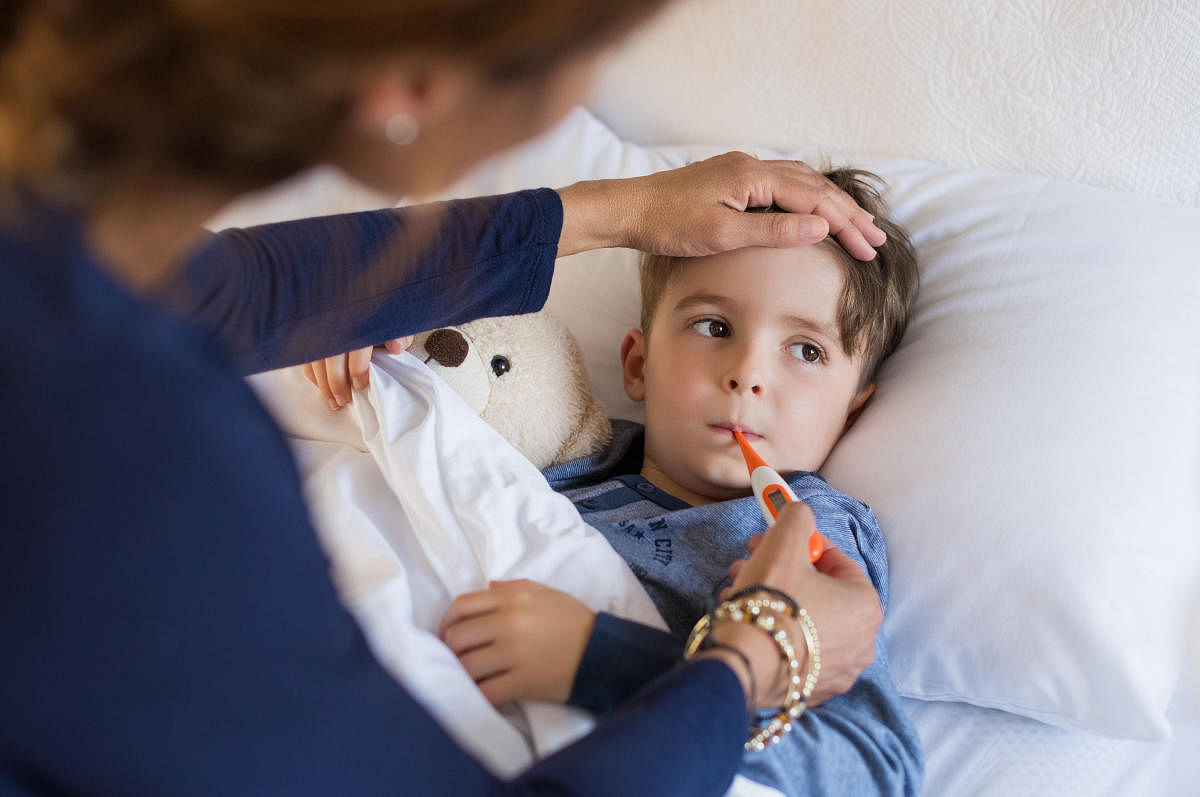Belying its low profile, pneumonia is a giant killer of children. According to a report of the global non-profit Save the Children, pneumonia is the biggest infectious killer of children, claiming the lives of more children than do malaria, diarrhoea and measles combined. In 2016, the disease killed almost a million children, the majority of them under the age of two. India stood a dubious first that year, losing 2.6 lakh children to pneumonia. If current trends continue and the world refrains from taking more robust action to prevent or treat pneumonia, some 10.8 million children would lose their lives, with Nigeria followed by India and Pakistan accounting for most of these deaths. A bacterial, viral or fungal infection that causes air sacs or alveoli in the lungs to fill up with fluid or pus, pneumonia afflicts people of all ages. People at most risk of contracting this disease are those older than 65 years or younger than two years of age. Those with health problems or with weakened immune systems are particularly vulnerable. Although it is a deadly disease, pneumonia is treatable and preventable. Studies show that the number of deaths due to pneumonia can be cut drastically. For instance, stepping up vaccination coverage to 90% of children below the age of five could save over six lakh lives, providing cheap antibiotics another two million. Good nutrition for children could save an estimated 2.5 million children. Importantly, if all three interventions are scaled up, over four million children would be saved from falling prey to pneumonia.
Among the challenges in treating pneumonia is that its symptoms, which include fever, cough and shortness of breath, are similar to those for influenza. Therefore, people tend to deny it the swift medical attention it needs. By the time, a patient seeks professional medical help, the infection would have intensified. Creating public awareness about the disease and its symptoms is therefore vital.
Another important problem is the high cost of the Pneumococcal Conjugate Vaccine (PCV). Since just two pharmaceutical corporations, Pfizer and GlaxoSmithKline, own the patent to PCV, they have kept its cost high. It costs around Rs 11,000 to administer all three doses of the Prevnar13 to a child. Unsurprisingly, only a third of all countries have been able to introduce this vaccine in their standard vaccination package. It is only recently that India has sought to introduce this vaccine in a phased manner as part of its Universal Immunisation Programme (UIP). Gavi, a global vaccine alliance, is making PCV available to India, but this support will end in 2021. India must be prepared to bear the cost then. A privilege so far, PCV should be made accessible to everyone.
